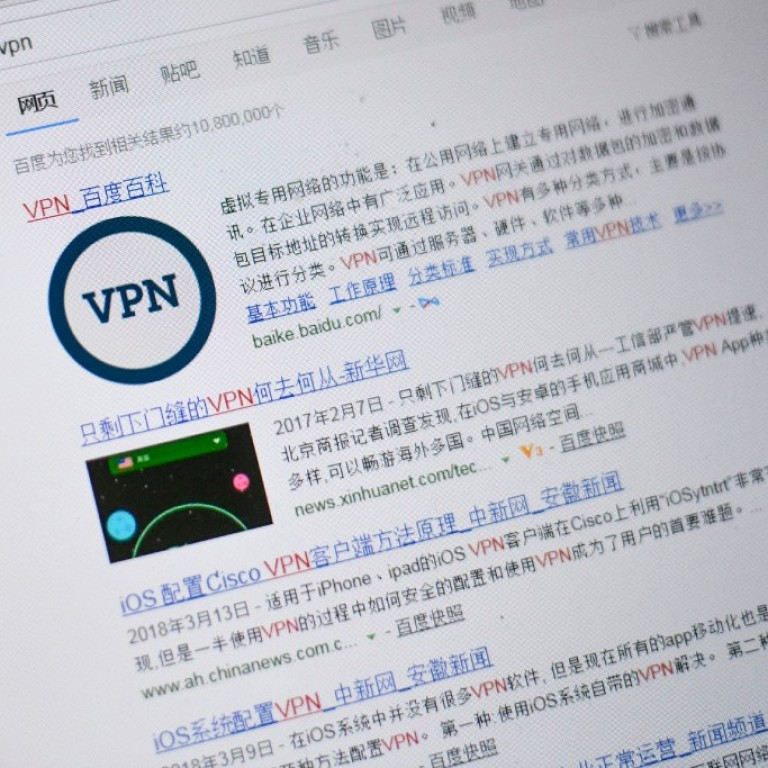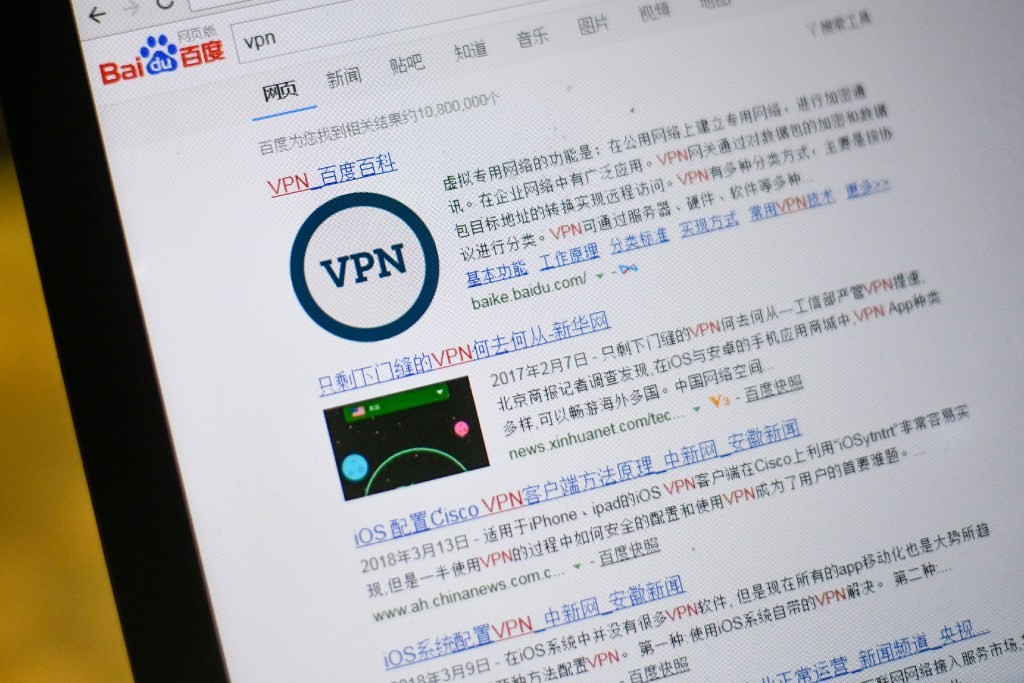
Facebook’s Research app isn’t the only VPN to harvest user data
Popular China-linked VPN services have patchy privacy policies, study says
VPNs are supposed to help you protect your data. But the Facebook flap shows that there’s one party that has full access to everything you’re doing: The VPN provider itself. And it’s a concern with several Chinese-owned VPNs, which reportedly send data back to China.

Another Chinese-owned app, VPN 360, notes that they may log and share an individual’s usage data with government authorities and law enforcement when required by law.
Unlike Facebook’s semi-secret “market research” app, these VPN services are readily available for everyone to download from Google Play and the iOS App Store.
And it means that while Facebook has said it will shut down its controversial market research app, other questionable VPN services are still being downloaded every day -- with little transparency on where the data they collect will go.
Can using Twitter in China really get you in trouble?
For more insights into China tech, sign up for our tech newsletters, subscribe to our Inside China Tech podcast, and download the comprehensive 2019 China Internet Report. Also roam China Tech City, an award-winning interactive digital map at our sister site Abacus.
For more insights into China tech, sign up for our tech newsletters, subscribe to our Inside China Tech podcast, and download the comprehensive 2019 China Internet Report. Also roam China Tech City, an award-winning interactive digital map at our sister site Abacus.

